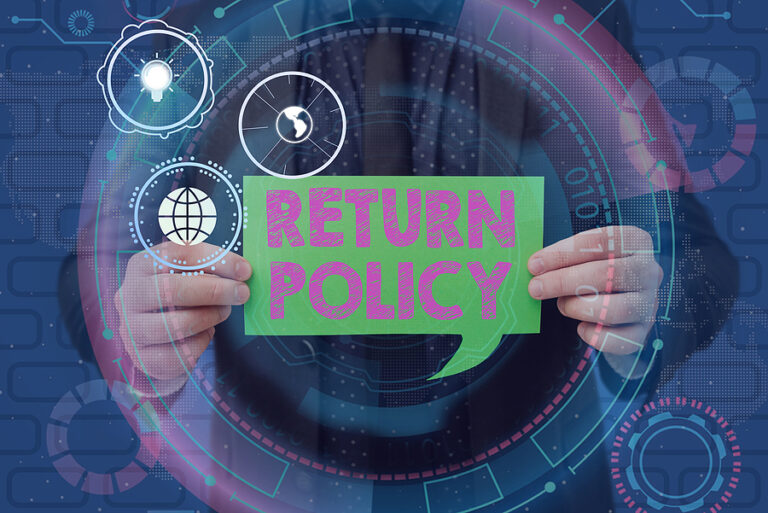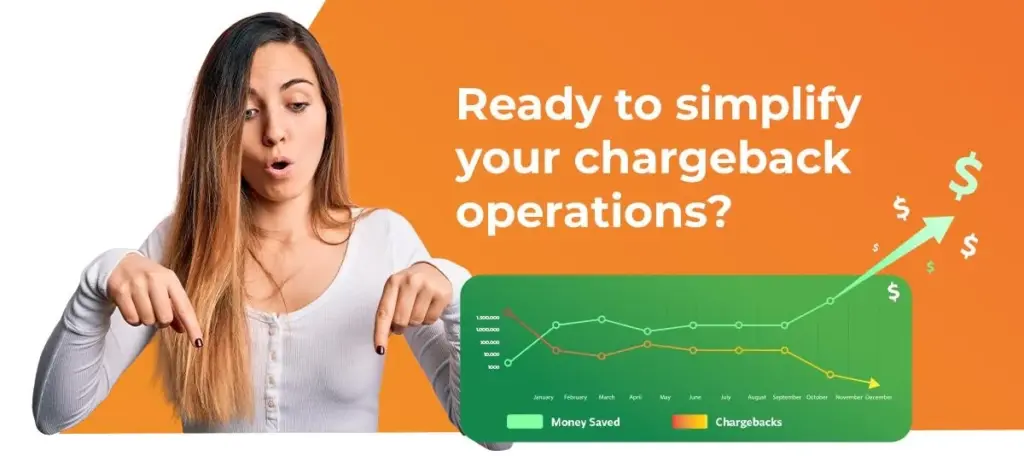Customer Disputes: What happens?

Let’s pull back the curtain on what happens when a cardholder disputes a purchase. For many merchants, their understanding of this process begins and ends with receiving a chargeback. That’s the most expensive perspective you can have. However, a deeper look will show you where the opportunity lies to significantly reduce your chargeback volume.
RULES OF THE ROAD
Disputes over credit card transactions are governed by the Fair Credit Billing Act of 1975. Though there have been some updates to its provisions, the FCBA is an ancient document when you consider how much has changed since 1975. Debit cards as we know them today did not even exist until much later.
DEBIT OR CREDIT?
Debit card disputes, though similar, have fewer consumer protections. The key difference is since debit transactions are like cash, a cardholder will likely not get the disputed funds back until the issue is resolved. Credit cards being credit, those funds are usually refunded proactively. Otherwise, the process for each is similar.
AN ALERT IS BORN
According to the FCBA, the cardholder has sixty days to dispute a charge. Once the dispute is reported to the issuing bank, an alert is born. As a ChargebackHelp client, you have the option to refund these alerts within 1-3 days. Doing so prevents the possibility of a dispute becoming a chargeback.
Meanwhile, the issuing bank processes the cardholder’s claim. By law the bank must respond to the complaint within ten days. They’ll either accept the claim, assign a reason code to it, or they will (rarely) deny the claim in writing.
THE BANKS INVESTIGATE
From there, the issuer will take the dispute up with the merchant’s bank. The issuer and acquirer will review the information each have for the transaction. In the case of ChargebackHelp clients, a refund will be there waiting for them, already processed.
Otherwise, if the merchant is found to be at fault, and they do not dispute the cardholder claim, the issuing bank will exact the disputed amount in the form of a chargeback.
One way or another, once the issuer and the acquirer are talking, that money is going back to the cardholder. It’s cheaper to refund the money preemptively than to have it taken by chargeback. It’s also healthier for your merchant account. If you’re serious about saving money and keeping your merchant account up and running, then you need ChargebackHelp. Call us today for a free analysis of how much you can save by staying on top of your alerts!








